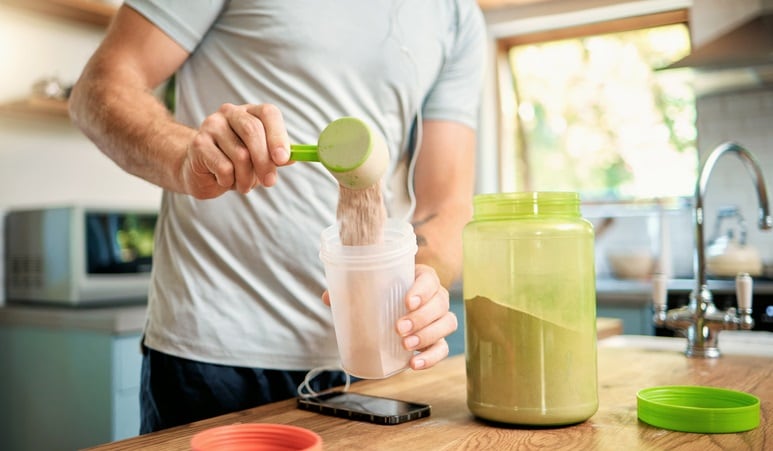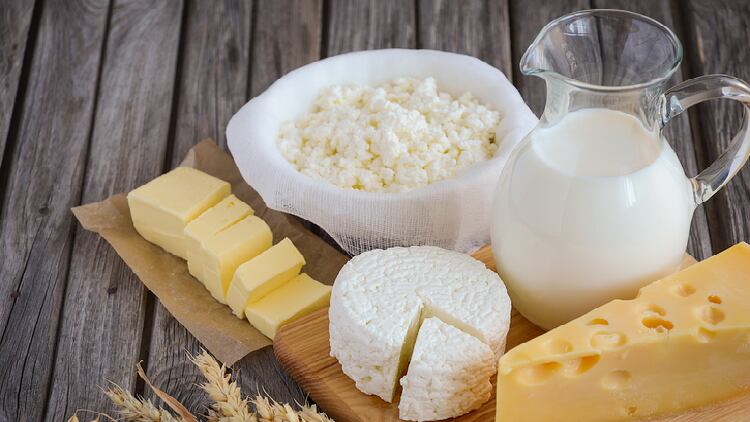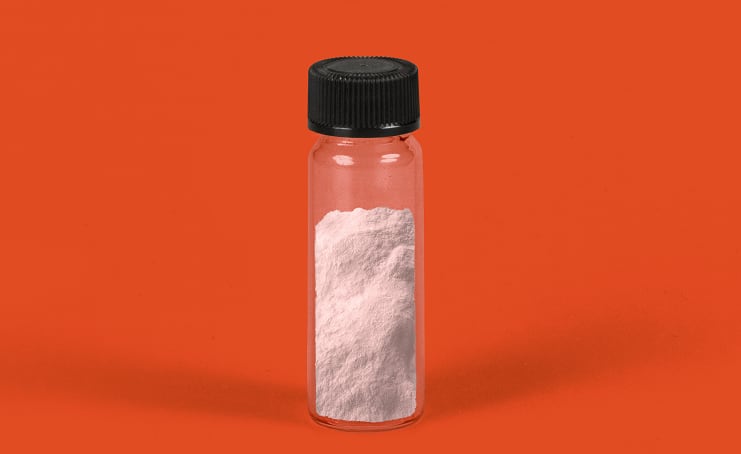Swimmers engage in high-intensity training interventions throughout their annual training cycles. One commonly employed form of intense training among swimmers is Sprint Interval Training (SIT).
SIT is known to enhance power output and induce physiological adaptations related to both central and peripheral aspects of aerobic fitness. Typically, SIT sessions involve repeated intervals of extremely high-effort exercise, typically comprising 4 to 12 bouts lasting approximately 10 to 30 seconds each, with recovery intervals in between.
The extreme intensity of Sprint Interval Training (SIT) places significant stress on the musculoskeletal system, often leading to muscle damage. This muscle damage can manifest as muscle soreness, an inflammatory response, and a reduction in muscle strength. These symptoms can persist for hours or even days after such intense exercise bouts, affecting subsequent physical activity during subsequent exercise sessions.
Research has shown that consuming protein before, during, or after exercise can enhance recovery and training adaptations while reducing exercise-induced muscle breakdown.
Protein consumption has been found to have beneficial effects on recovery by reducing markers in the bloodstream that indicate damage to muscle cell membranes, improving markers of immune function, and promoting a positive protein balance. Traditionally, protein has been consumed in and around training sessions as a common strategy to optimize these benefits.
Studies have demonstrated that consuming protein before bedtime can increase the presence of amino acids in the bloodstream during sleep, potentially leading to improved muscle protein synthesis. However, it remains uncertain whether pre-sleep protein supplementation could influence the markers of muscle cell membrane disruption and inflammatory cytokines induced by Sprint Interval Training (SIT). Furthermore, there is a lack of information on how SIT affects the body's anti-inflammatory status over an extended period.
A group of Chinese researchers conducted this study to investigate the following questions:
- How does a single session of SIT and a 2-week swimming SIT program impact markers related to inflammation and muscle damage?
- Can increasing protein intake through whey protein supplementation before bedtime influence these responses for faster recovery?
The researchers hypothesized that providing the body with a whey protein supplement every night before sleep would reduce post-exercise muscle damage and improve the cytokine response, potentially shifting it toward an anti-inflammatory profile.
This study followed a double-blind, randomized-controlled intervention design, which included a pretest, training intervention, and post-test for all swimmers. Before the study, participants underwent screening to rule out any underlying health conditions. The actual experiment began two weeks after participant recruitment to ensure that any previously consumed supplements had been sufficiently washed out.
Twenty trained swimmers participated in the 2-week swimming Sprint Interval Training (SIT) program, which included two sets of 12 consecutive 50-meter swims. Each swim was followed by a 1:1 recovery, and there was a 3-minute rest period between the sets. The swimmers were randomly divided into two groups: one received a nightly dose of 0.5 grams of protein per kilogram of body weight (PRO), and the other received the same amount of carbohydrate (CHO) before bedtime.
During the initial and final training sessions, the researchers analyzed creatine kinase (CK) levels and cytokine responses at various time points, including at rest, immediately after completing the training, 45 minutes after SIT, and 24 and 48 hours after SIT.
The study found that CK concentrations increased significantly from the resting point to 24 and 48 hours after the Swimming Sprint Interval Training (SIT) in both the protein (PRO) and carbohydrate (CHO) groups. In both training groups, the highest levels of cytokines were observed 45 minutes after completing the SIT on both occasions.
TNFα levels significantly increased from the resting state to immediately after SIT, but returned to values similar to the baseline afterward in both groups and on both occasions. Additionally, after 48 hours of exercise, swimming SIT shifted the cytokine response to a similar anti-inflammatory state in both groups.
In summary, the study concluded that pre-sleep protein ingestion did not improve blood markers of muscle damage. The anti-inflammatory response of cytokines and exercise-induced muscle damage improved after two weeks of swimming SIT, regardless of whether participants consumed protein or carbohydrate before bedtime.
Source: J Int Soc Sports Nutr.
doi: 10.1080/15502783.2023.2244478
“Effects of pre-sleep protein supplementation on plasma markers of muscle damage and inflammatory cytokines resulting from sprint interval training in trained swimmers”
Authors: Cairong Wu, et al.




